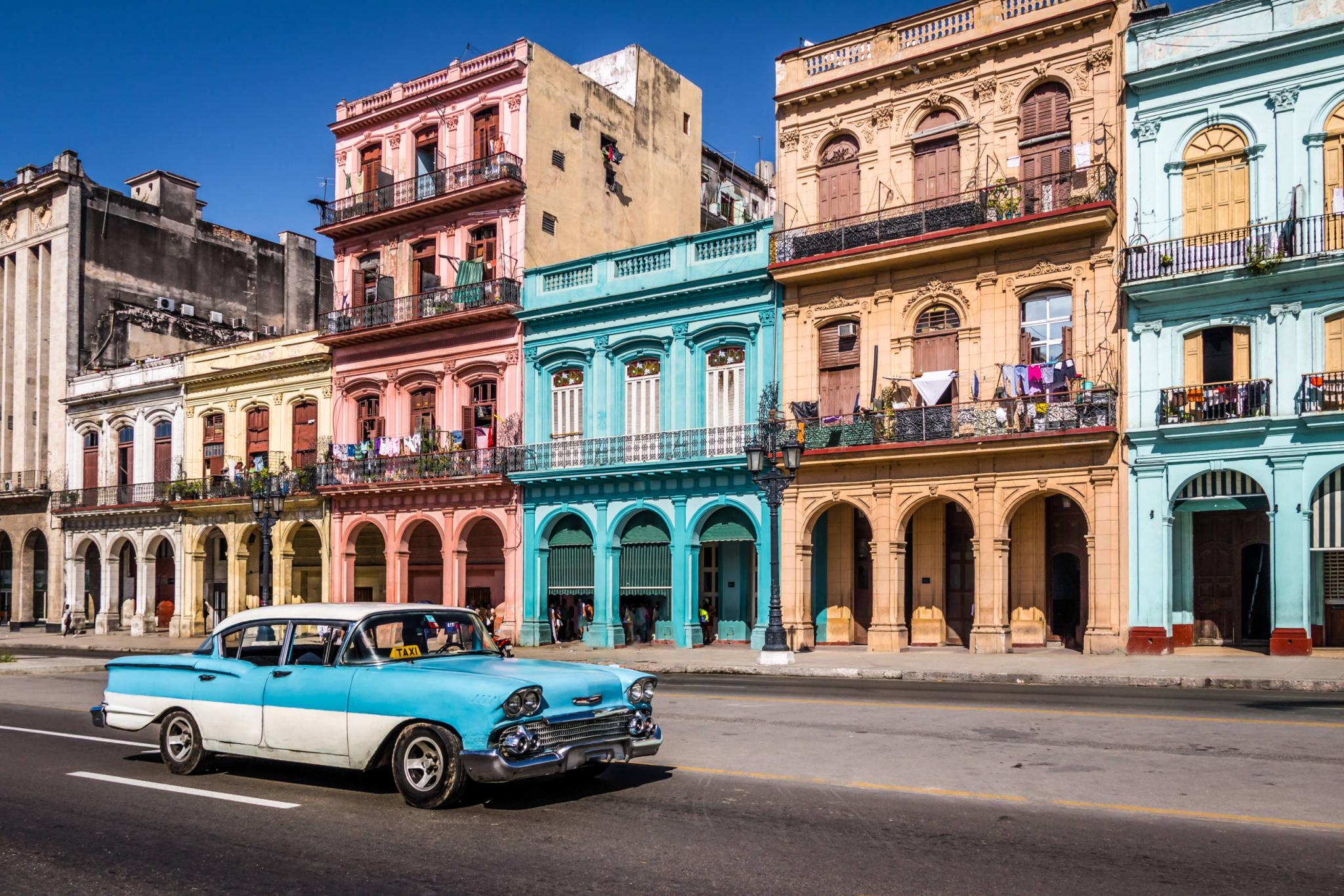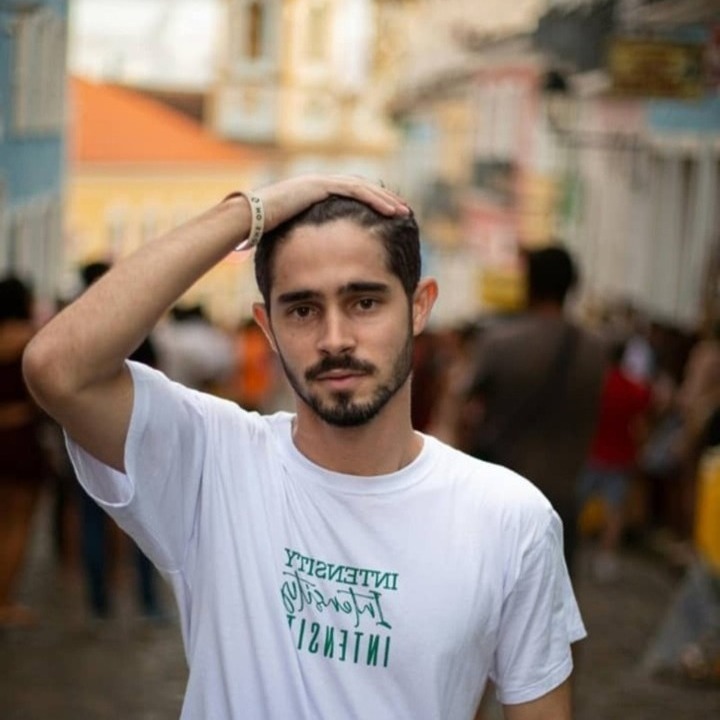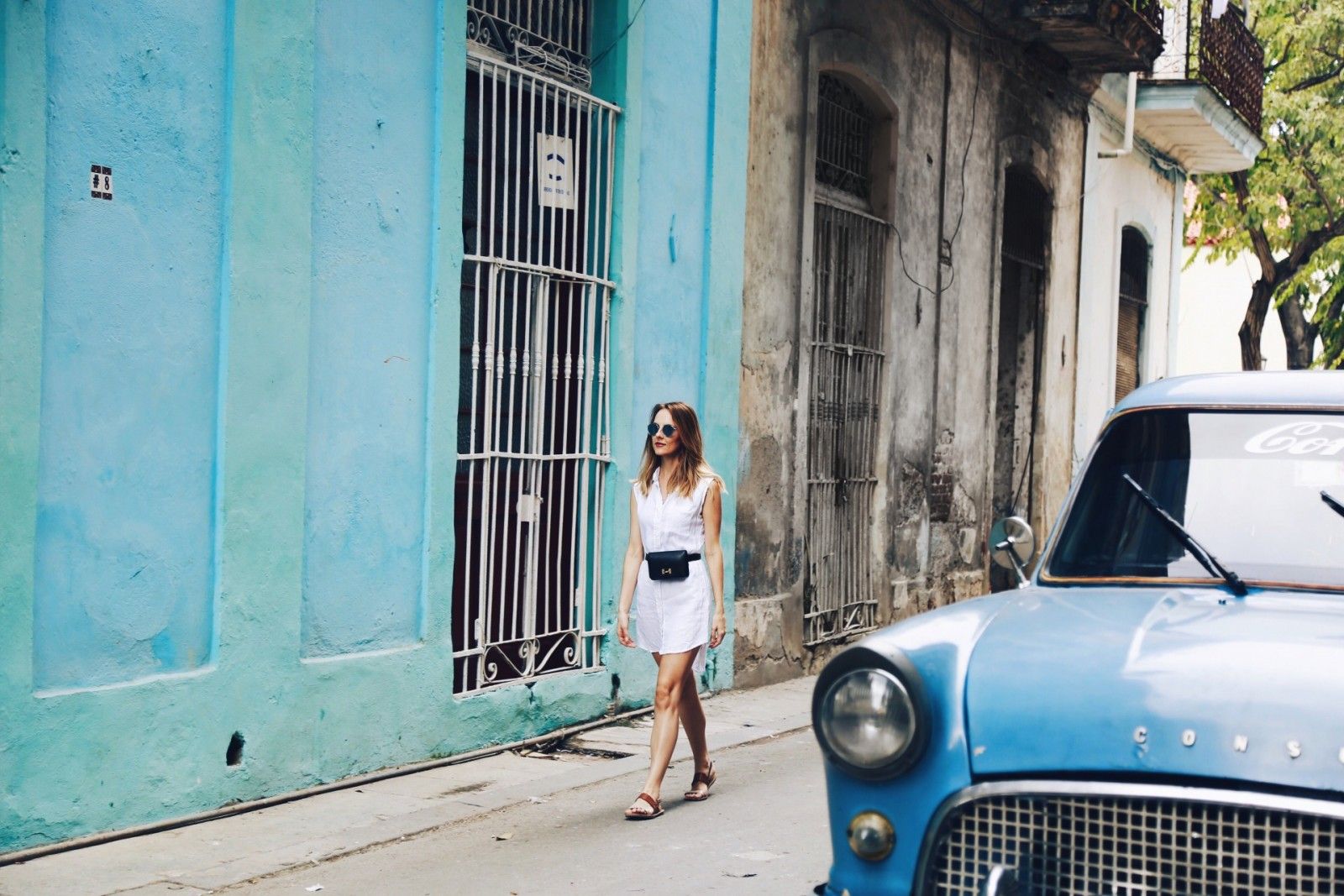Can Americans Travel To Cuba - Legal Requirements For Americans Traveling To Cuba
This article provides an overview of the historical context, current regulations, and practical advice for people asking: "Can Americans Travel To Cuba".
Author:Michael RachalReviewer:Finn WildeJan 03, 202526.3K Shares598.1K Views

Understanding The Legal Requirements For Americans Traveling To Cuba
"Travel" to Cuba for Americans has long been a topic of curiosity and complexity. With a history of fluctuating regulations and diplomatic relations, understanding the current travel restrictions and opportunities is essential for any US citizen considering a visit to this Caribbean nation. This article provides an overview of the historical context, current regulations, and practical advice for people asking, "Can Americans Travel To Cuba?"
Current Travel Regulations
Legal Framework And Authorized Travel Categories
Under US law, travel to Cuba is restricted but not entirely prohibited. Americans can travel to Cuba under specific categories authorized by the US Department of Treasury's Office of Foreign Assets Control (OFAC). These categories include family visits, professional research, educational activities, and more.
Recent Changes In Policies
Travel policies to Cuba have seen significant changes over the years, especially with shifts in the US administration. It is crucial to stay updated with the latest regulations as they can affect travel plans and permissible activities in Cuba.
Official Travel Advisory
The US State Department periodically issues travel advisories for Cuba. These advisories provide important information on safety, health risks, and political conditions. Checking the latest advisory before planning your trip is highly recommended.
Authorized Categories Of Travel
Family Visits
US citizens can travel to Cuba to visit close relatives. This category is straightforward but requires proof of the familial relationship.
Official Government Business
Government officials and diplomats traveling on official business are permitted to visit Cuba. This category requires specific authorization.
Journalistic Activities
Journalists traveling for news-gathering purposes can visit Cuba, provided they obtain the necessary credentials and travel under this authorized category.
Professional Research And Meetings
Professionals can travel to Cuba for research or to attend meetings and conferences directly related to their profession.
Educational Activities
Educational travel includes school-sponsored trips, academic research, and participation in educational programs. These activities must meet OFAC's requirements.
Religious Activities
Individuals and groups can travel to Cuba to engage in religious activities, such as mission trips and church activities.
Public Performances, Clinics, Workshops, Athletic And Other Competitions, And Exhibitions
This category includes travel for public performances, workshops, clinics, and sporting events, provided these activities are authorized.
Support For The Cuban People
Travelers can visit Cuba to support the Cuban people, including activities that promote independent activity and civil society.
Humanitarian Projects
Humanitarian projects, such as medical and educational missions, are authorized under this category.
Activities Of Private Foundations Or Research/Educational Institutes
Travel for activities conducted by private foundations or research and educational institutes related to their missions is permitted.
Exportation, Importation, Or Transmission Of Information Or Informational Materials
This category includes travel related to the exchange of information and materials, such as media and art.
Certain Authorized Export Transactions
Authorized export transactions include travel related to the exportation of goods approved by the US government.
Travel Requirements
Documentation Needed
Travelers must have a valid US passport, a Cuban visa, and proof of travel insurance, including medical coverage.
Visa And Entry Requirements
A Cuban visa, also known as a tourist card, is required for entry. These can be obtained through airlines, travel agencies, or the Cuban consulate.
Health And Safety Considerations
Travelers should be aware of health advisories, ensure they have necessary vaccinations, and understand local health services.
Financial Transactions And Spending Limits
US-issued credit and debit cards are generally not accepted in Cuba. Travelers should bring sufficient cash and be aware of spending limits imposed by US regulations.
Planning Your Trip
Flights And Transportation
Direct flights to Cuba are available from several US cities. Once in Cuba, transportation options include rental cars, taxis, and public transportation.
Accommodation Options
Cuba offers various accommodation options, from hotels and resorts to private guesthouses known as "casas particulares."
Recommended Itinerary And Activities
Travelers can enjoy a range of activities, including visiting historical sites, exploring Havana, and experiencing Cuba’s natural beauty.
Cultural Etiquette And Local Customs
Understanding and respecting local customs and etiquette, such as greetings and tipping practices, will enhance your travel experience.
Legal And Safety Considerations
Compliance With US And Cuban Laws
Travelers must comply with both US and Cuban laws during their visit. Understanding legal restrictions and staying informed of local laws is essential.
Staying Safe During Your Visit
Safety tips include staying in well-known areas, avoiding political demonstrations, and keeping personal belongings secure.
Emergency Contacts And Resources
Knowing the location of the US embassy and local emergency numbers is crucial for addressing any issues that arise during your trip.
Returning To The US
Customs And Declarations
Travelers must declare items purchased in Cuba and be aware of restrictions on certain goods.
Items You Can And Cannot Bring Back
Prohibited items include certain agricultural products and goods made from endangered species. Travelers should check the latest US customs regulations.
Re-entry Procedures
Re-entry into the US involves passing through customs and immigration, where travelers must provide required documentation and declarations.
Understanding The Legal Requirements For Americans Traveling To Cuba - FAQs
Can Americans Legally Travel To Cuba?
Yes, Americans can legally travel to Cuba, but there are specific regulations and categories under which travel is permitted. Here is an overview of the legal framework and the steps Americans need to take to travel to Cuba legally:
Family visits
Official government business
Journalistic activities
Do I Need A Visa To Travel To Cuba?
Yes, you do need a visa to travel to Cuba. For Americans, this visa is often referred to as a "tourist card."
What Should I Know About Financial Transactions In Cuba?
Financial transactions in Cuba can be quite different from what travelers from the United States might be used to.
Is It Safe To Travel To Cuba?
Traveling to Cuba is generally considered safe, but like any destination, it’s important to be aware of certain considerations to ensure a smooth and secure trip.
Conclusion
In conclusion, while traveling to Cuba as an American involves navigating a complex set of regulations, it is entirely possible with proper planning and understanding of the rules. By following authorized travel categories, meeting documentation requirements, and staying informed about legal and safety considerations, US citizens can enjoy a rewarding and lawful visit to Cuba.
Jump to

Michael Rachal
Author
Michael Rachal believes that luxury lies in the details. With over 20 years of experience in the luxury travel industry, he has crafted hundreds of bespoke itineraries for clients seeking personalized, unforgettable experiences.
Whether guiding clients through private cultural tours or curating culinary journeys with world-renowned chefs, Michael ensures that each trip is tailored to perfection.
His ability to anticipate needs and exceed expectations has earned him a reputation as a leading expert in luxury travel.

Finn Wilde
Reviewer
For Finn Wilde, the wilderness is more than just a destination - it’s a way of life. Over the past decade, he has led multiple expeditions in some of the world’s most remote regions, from the icy fjords of Greenland to the rugged trails of Patagonia.
Finn emphasizes sustainability in all of his adventures, helping participants connect with nature while promoting responsible exploration. His expeditions inspire individuals to explore the great outdoors while fostering a deep respect for the environment.
Latest Articles
Popular Articles
